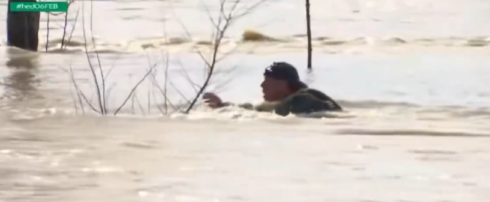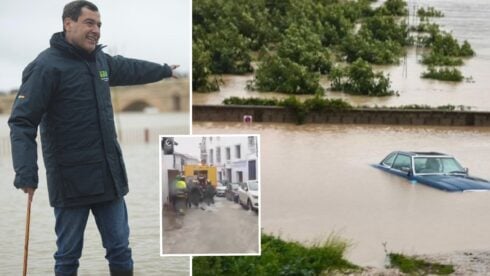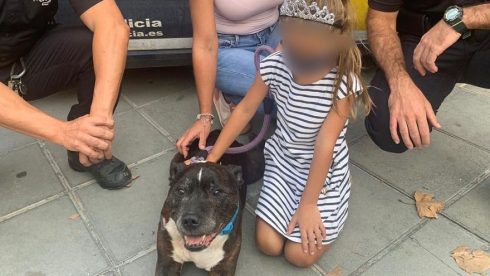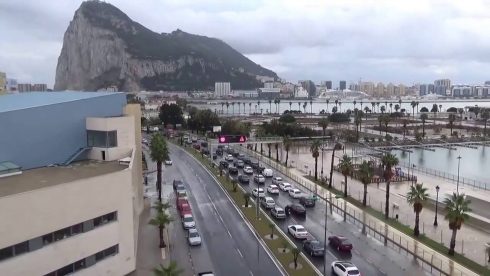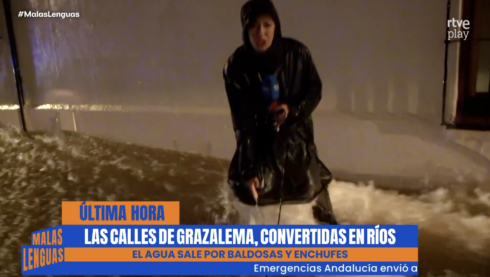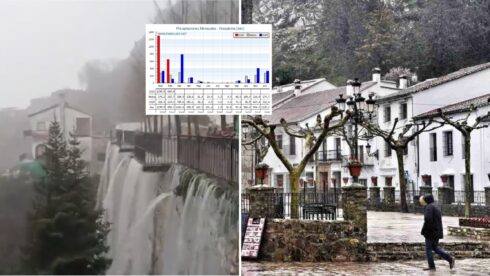GROWING mistrust and competition among drug clan rivals is leading to a surge in violence against the police and public along Andalucia’s southern coast.
Since the end of August, a week has not gone by without an attack on a police car or an accident caused by a drug trafficker fleeing the authorities.
The most recent incident saw a BMW X5 stashed with bales of hash crash into a pregnant woman’s car in Estepona. A cyclist was also injured when one of the bales flew out of the vehicle and knocked them over.
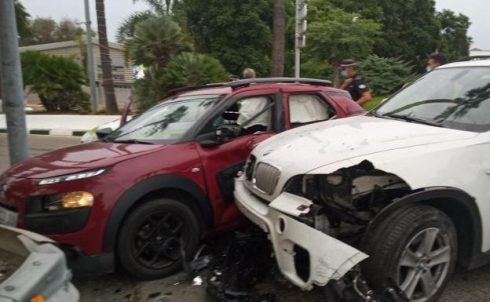
Before that, another fleeing BMW X5 filled with drugs, stolen from a British expat in Marbella, blasted through a police barrier, turning over a Guardia Civil car and causing one agent to lose their arm.
Police sources claim so-called narcos are under increasing pressure to get the job done and deliver their shipments and are now being told that they won’t be hired again if they are caught.
It has raised the stakes of the cat and mouse game between security forces and traffickers, with high speed and dangerous chases becoming more frequent, putting officers and the public at risk.
Things first took a violent turn when clans and rivals began robbing from each other, breaking one of the golden rules of the business: each to his own.
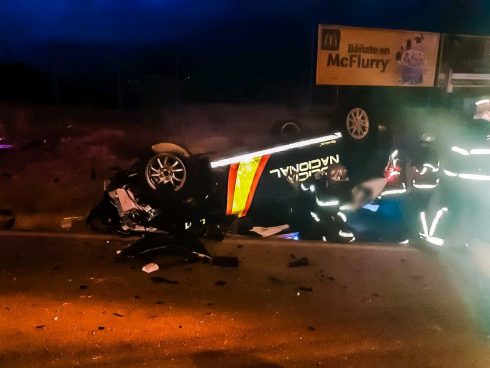
When the Irish ruled the coast in the earlier 2000s and 2010s, organisations traditionally hired strong men from gyms and poorer neighbourhoods. They would be in need of cash and/or strong enough to haul 30-40kg bales from an arriving RHIB boat to a getaway car.
But as the Irish left Spain’s southern coast, reportedly for Dubai, in the mid 2010s, a power vacuum let greed, mistrust and bitter rivalries take hold.
So-called ‘paleros’ soon began learning the schedules, drop-offs and hideouts of certain gangs and robbing them of their hauls.
There are now gangs of paleros who disguise themselves as Policia Nacional and Guardia Civil, carrying out ‘raids’ to ‘seize’ firearms and drugs.
If caught, however, they pay the ultimate price. Just ask Brian Martos, who was kidnapped along the Estepona promenade on a busy summer evening.
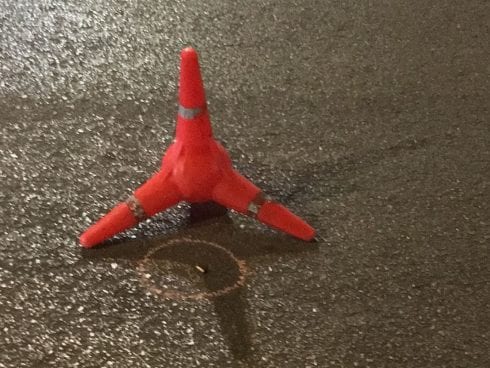
Shots were fired and panic ensued as the palero was thrown into a car and taken to Algeciras where he was tortured, killed and dumped on a road near the city’s hospital.
But the mere existence of rivals posing as police means gangs are not taking any chances and defending themselves against any officer – real or not.
Three plain-clothed Guardia Civil officers were injured after being shot when raiding a marijuana plantation in Cadiz a few weeks ago. The arrested said they thought the men were rivals.
Narcos have been under increasing police pressure since the Interior Ministry launched a targeted crackdown on drugs in the Campo de Gibraltar in 2018.
The task force, involving the UDYCOS and GRECO of the Policia Nacional and OCON of the Guardia Civil, has arrested 4,000 people and seized 500 tonnes of hashish in just two years.
The latest success, last week, saw another 50 arrests and the bringing down of the entire criminal structure of the Los Castaña clan, including its leader, Antonio Tejon, who is back behind bars.
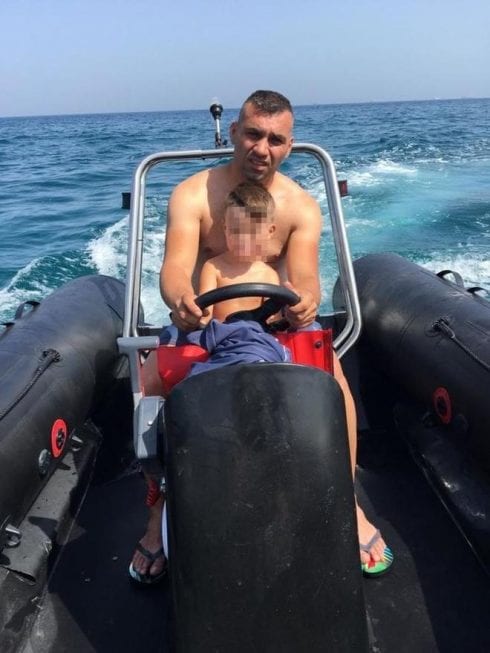
The OCON Guardia Civil force alone has seized €3 billion worth of drugs since 2018, not to mention the millions in frozen accounts, seized real estate and other items.
An anti-drugs officer told Diario Sur that this mounting pressure is being passed on to the smugglers.
“We know that the drivers are being threatened not being called back to ‘work’ if we stop them and they lose the drugs. That is why they flee. They try to escape at all costs,” the source said, adding that they are paid around €6,000 for each trip from the beach to the safe house.
A source in the Campo de Gibraltar said others are told they will have to work a season for free if they are caught or lose the drugs.
It’s no surprise, then, that in three weeks there have been 15 agents and three citizens injured by traffickers trying to evade capture.
With pressure piling on traffickers from police, bitter rivals and a potential drop in demand due to the COVID-19 crisis, incidents seen in the past few weeks could become the new normal.
Despite this pressure, however, business is still booming for some. Footage obtained by the Olive Press shows a group of young men filling up a boat with at least 24 cans of fuel.
According to the British expat who recorded the video in La Duquesa port in Manilva, this happened every morning, in broad daylight, for a week.
It’s well known how smaller boats stock up with diesel or petrol and travel out to trafficking vessels to help them re-fuel.
“They used two cars and a motorbike as a spotter,” the Brit told the Olive Press, “The cars left in different directions and the boat did not return until the next day.”
Click here to read more Spain News from The Olive Press.



